Every Melbourne homeowner reaches that point when their current home no longer meets their needs — the family grows, space feels tight, or lifestyle priorities change. The big question arises: should you extend your home or move to a new one?
While both options can transform how you live, they come with different costs, processes, and long-term implications. This article breaks down everything you need to know to decide between a house extension vs moving.
1. Understanding the Core Difference
A house extension means adding more space to your existing property — whether through an extra bedroom, living area, or second storey. It lets you stay in the same neighbourhood while improving functionality and comfort.
On the other hand, moving involves selling your current home and buying a new one that already offers what you need. It’s a clean slate but comes with significant financial and emotional costs.
2. The Case for Extending Your Home
Financial Control
Building an extension can often be more cost-effective than moving — especially in Melbourne’s competitive housing market. You avoid agent commissions, stamp duty, and relocation costs, which can easily exceed $80,000–$120,000 depending on property value.
Custom Design
A home extension allows full creative control over design and layout. You can tailor new rooms to match your lifestyle — think open-plan living areas, home offices, or extra bathrooms.
Stay in the Neighbourhood You Love
If you already love your area — the schools, community, or commute — extending means you don’t have to give that up. For many families, this emotional continuity is priceless.
3. When Moving Might Be the Better Option
Land or Location Limitations
Not every block can accommodate an extension. Tight boundaries, council restrictions, or structural limits can make extending impractical or too expensive.
Major Renovation Hassles
Extensive renovations often mean living through construction, which can disrupt daily life. Moving may be simpler if your home requires massive changes to meet your needs.
Fresh Start
For some, moving offers a chance to reset — new design, modern features, and a fresh location that better aligns with current goals.
4. The True Cost Comparison
When comparing extending vs moving, both options involve significant investment, but in different ways. An extension generally costs around $2,500–$4,000 per square metre, depending on materials and finishes.
Moving, on the other hand, comes with stamp duty, real estate agent commissions, conveyancing fees, and other costs that can add up to $60,000–$120,000 or more.
So while building costs for an extension can seem high initially, you often save long term by avoiding all the transaction and relocation expenses.
5. Emotional and Lifestyle Factors
Attachment to Home
If your house holds sentimental value or your children are settled in local schools, extending keeps that emotional connection intact.
Convenience
Moving can take months — from selling to purchasing, inspections, and settling in. Extensions, while disruptive during construction, typically mean less paperwork and stress.
Sustainability
Renovating and extending can also be more eco-friendly, especially if you incorporate energy-efficient designs and materials rather than demolishing and rebuilding.
6. Renovation vs Relocation: What Experts Recommend
Industry professionals often advise extending when:
- You’re happy with your current location
- The block allows for expansion
- The home’s structure is sound
Conversely, moving might make more sense when:
- Land restrictions limit growth
- Your renovation would exceed 60% of your property’s value
- You’re ready for a new neighbourhood or investment opportunity
7. Making the Decision
Ask yourself:
- What are my long-term plans (5–10 years)?
- Can I handle temporary construction disruption?
- Does my budget cover hidden costs like design fees or council permits?
- Am I emotionally attached to my current home?
Create a detailed cost breakdown and consult both a builder and a real estate agent to understand total financial implications. This dual insight helps you balance emotional preference with economic sense.
8. Final Thoughts
The choice between a house extension vs moving depends on your unique situation — your budget, family goals, and lifestyle.
If you love your current location and want a tailored space that fits your evolving needs, an extension is often the smarter investment. However, if your property limits expansion or you’re ready for a complete change, moving could be the right call.
FAQs
1. Is it cheaper to extend or move in Melbourne?
Generally, extending is cheaper because it avoids real estate and stamp duty fees, though it depends on project size.
2. How long does a home extension take?
Typically between 3–8 months, depending on design and council approvals.
3. Do extensions add value to a home?
Yes — well-designed extensions can increase property value by 10–25%.




